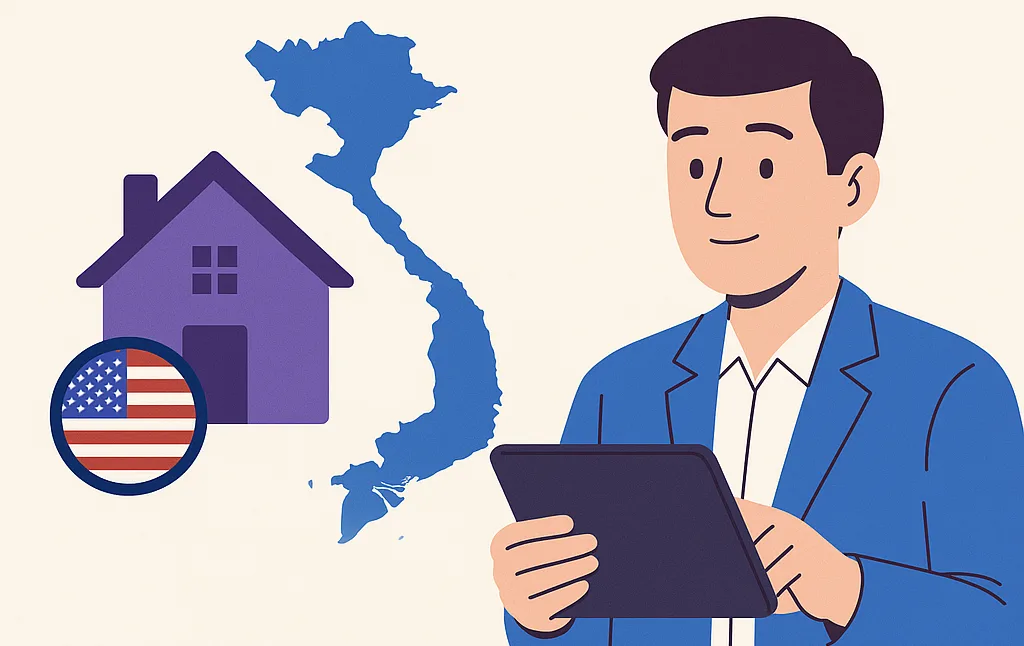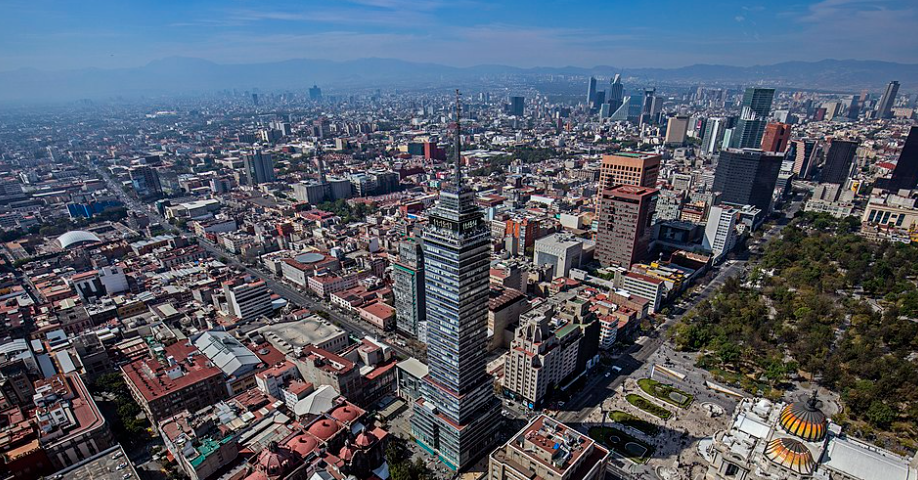Behind the Shoji Screen: What Makes Leasing in Japan Unique
When people think of Japan, they often picture cherry blossoms, bullet trains, and ancient temples nestled between skyscrapers. But for those of us in the world of property management, Japan is also known for something else: a highly structured, detail-oriented, and often surprising rental process.
Leasing in Japan isn’t just about securing four walls and a roof — it’s a deep dive into etiquette, tradition, and meticulous attention to detail. And for property managers navigating this world, it’s both a challenge and a unique kind of joy.
Precision Meets Tradition
The first thing to know about leasing in Japan is that everything is done by the book — and the book is thick.
From strict documentation requirements to formal application procedures, the rental process is built around reliability and accountability. Contracts are detailed. Move-in inspections are rigorous. And every step — from viewing a unit to handing over the keys — follows an order rooted in efficiency and respect.
As a property manager, this means paying close attention to the fine print. It also means cultivating a deep understanding of the cultural expectations that underpin even the smallest interactions. Punctuality, cleanliness, and professionalism aren’t just appreciated — they’re assumed.
Key Money, Renewal Fees, and Other Surprises
For anyone new to leasing in Japan — especially foreign tenants — there’s a bit of sticker shock involved. One of the most unique (and often confusing) parts of the process is key money (reikin) — a non-refundable gratuity traditionally paid to the landlord upon signing the lease. It’s a gesture of appreciation, with roots in post-war housing shortages, and can range from one to three months’ rent.
Alongside key money, there are often additional charges like renewal fees (typically one month’s rent every two years), security deposits (shikikin), agency fees, and cleaning fees at move-out.
Property managers in Japan play a crucial role in breaking down these costs and helping tenants understand what they’re paying for — and why.
Space, Storage, and Minimalism
In a country where space is at a premium, Japanese apartments are marvels of efficiency. From fold-out furniture to built-in shoe cupboards and meticulously labeled fuse boxes, every square meter is thoughtfully used.
This impacts how properties are marketed and managed. Floor plans are studied carefully. Natural light and storage space are major selling points. And tenants are often drawn to clean, uncluttered units that align with Japan’s cultural appreciation for minimalism.
As a property manager, this means staging and presenting properties with care. A spotless, well-lit unit — even if it’s small — can leave a powerful impression.
Tenant Expectations: Quiet, Clean, Respectful
Japanese tenants are typically quiet, tidy, and conscientious — and they expect the same in return. Noise complaints are taken seriously. Building rules (like separating recycling meticulously or taking shoes off at the door) are strictly observed. And property managers are often called on to help mediate issues in a way that preserves harmony and avoids direct confrontation.
That’s why communication skills, discretion, and diplomacy are essential qualities for anyone managing rentals in Japan. It’s not just about fixing broken appliances — it’s about maintaining balance in a close-knit residential environment.
A Growing Market for Foreign Tenants
While Japan has traditionally been a challenging market for foreign renters, things are changing. With a rise in tourism, international students, and expatriates, more landlords are opening their properties to non-Japanese speakers.
That shift has created new opportunities — and responsibilities — for property managers. Offering bilingual support, simplifying the lease process, and helping newcomers adjust to local customs has become an important (and rewarding) part of the job.
It’s not just about handing over a lease — it’s about helping someone begin their life in a country that, for all its beauty and order, can feel overwhelming at first.
Leasing in Japan is a world apart — one defined by care, precision, and cultural depth. For property managers, it’s a unique environment where professionalism and empathy go hand in hand. And while it can be complex, it’s also incredibly rewarding.
Because when you hand over the keys to a quiet apartment down a lantern-lit street in Kyoto or a sleek high-rise in Tokyo, you’re not just offering a place to live — you’re opening the door to an experience that’s unlike anywhere else in the world.










Post Comment